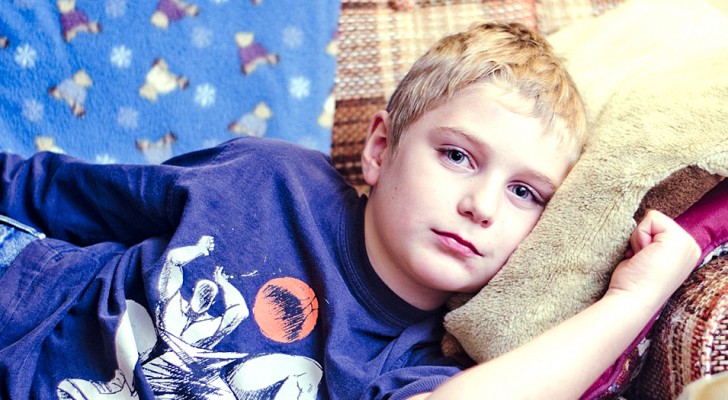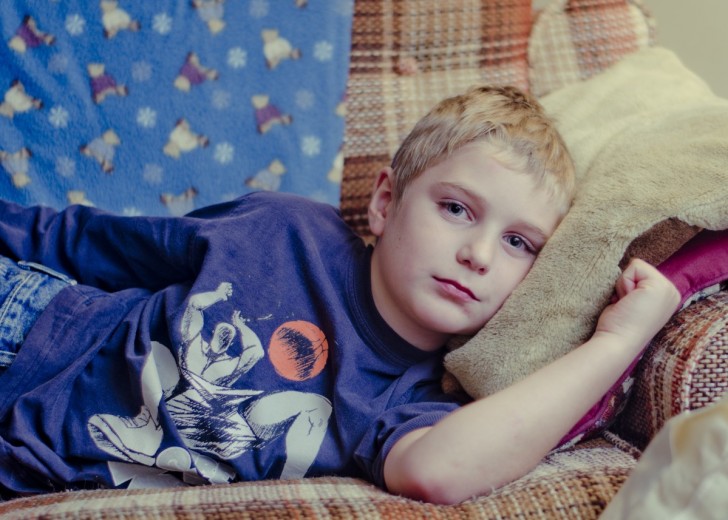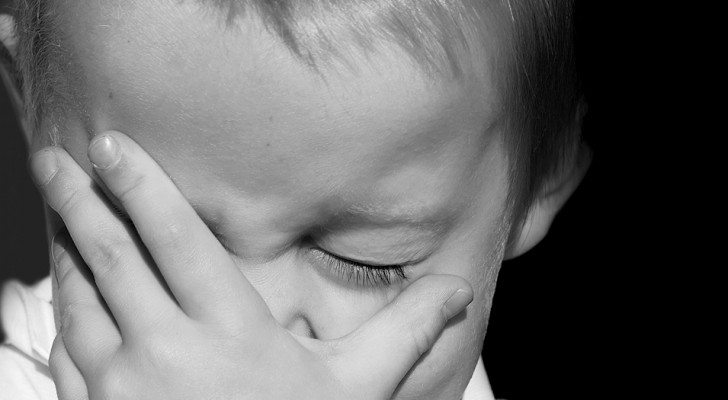This psychologist has translated certain behaviors of children into a language understandable to parents

The lack of communication between parents and children is a constant for every new generation.
However, there is a specific period of life in which young children do not yet possess the proper tools to effectively express what they feel or would like to say.
Therefore, to help mothers and fathers better understand their children, the psychologist Evgenia Zaburdaeva has devised a sort of psychobehavioral dictionary to help counsel parents.
This "parenting dictionary" is a very important tool that allows parents to interpret and translate their child's non-verbal language so that parents can react and respond accordingly.
via Zaburdaeva.ru

https://pxhere.com/en/photo/89...
During her research work, Dr. Zaburdaeva has managed to catalog and describe about 40 different behaviors associating them with as many thoughts and moods.
Here is a list of some of those identified and their respective meanings:
Apathy. It can hide the fear of making mistakes or being judged by adults. Therefore, behind the apparent laziness, there can actually be a "mental blocking" that discourages action.
Aggression. Reacting with anger and aggressive tension can be a way to ask for help and communicate the need to know what limits should not be crossed.
Speaking in a low voice. It is not just shyness but it can also be fear of being noticed and then not being accepted.
Pulling their hair and biting their nails. It is a reaction to severe stress or a constant state of fear.
Inertia and difficulty in speaking correctly. The absence of personal action and stimulation may mean that the child prefers to let adults do everything for them so that the parents can feel useful and engaged.
Lack of sharing. It can be a reaction to a lack of emotional support.

Envy. Behind this behavior, there can be a strong inferiority complex.
Stammering speech. This defect is often associated with the fear of being abandoned ("abandonment syndrome"), feeling forced to be submissive to an adult figure or feeling guilty about something.
Being unsociable. This is not due to being grumpy but is based on finding it difficult to interact with peers.
Being physically violent with parents. Such violent actions are an unconscious request from the child for more care and attention from their parents in the form of rules and regulations.
Sudden bursts of anger. Not knowing how to communicate peacefully causes a feeling of inadequacy or helplessness, and therefore, anger becomes a shortcut to quickly reach the desired result.
Asking a lot of questions. This can be a symptom of healthy curiosity but also an unconscious request for attention.
Refusing to go to kindergarten or school. It means being afraid to break away from the maternal figure, not feeling adequately supported in the classroom, or thinking of being inadequate in regards to the expectations of one's parents.

Eating too much or too little. Managing food, by neglecting it or by excessive consumption, is a form of control in reaction to a state of anxiety and insecurity whose source needs to be discovered.
Being passive. This indicates a lack of interest or fear of failure.
Injuring themselves. These actions demonstrate the presence of deep psychological pain or a sense of guilt that is exorcised with self-punishment.
Nightmares. It can be useful to ask the child to describe their dreams with drawings or stories because they are the manifestation of what is really scaring them.
Ignoring others and avoiding playing with other children. These are behaviors related to the lack of clear rules at home and of thinking that others do not really like them.
Irritability, sleep disorders, and obsession with orderliness. Basically the child feels emotionally repressed and is afraid of facing the unknown or being left alone. And obsessive-compulsive behavior (OCD) helps a child to believe that they can in some way protect and control their environment.
Remember: There is always a reason for every attitude or behavior! The secret is to learn to see the warning signals, to be able to observe and notice changes in behavior and then to react in the right way to promote your child's physical and psychological well-being.





